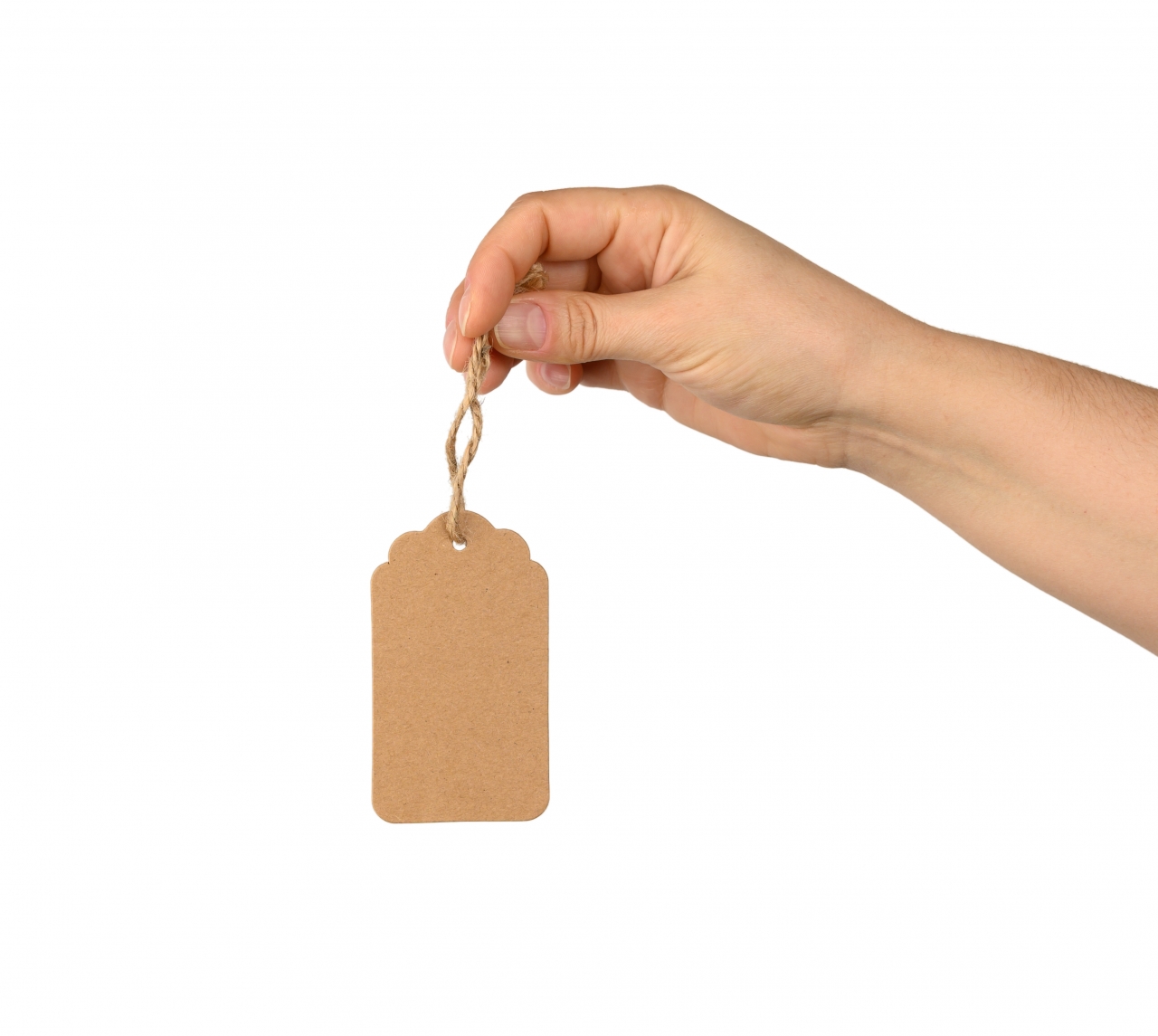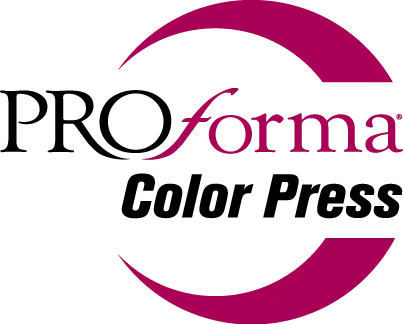Facebook, Google and News UK pledge to reduce ad fraud with IAB ‘Gold Standard’ initiative
- Updated on: 2018-10-29
- Read original article here

Some of the biggest players in the digital ecosystem have promised to raise standards in order to create a “sustainable future” for the industry as part of a new ‘Gold Standard’ pledge spearheaded by the Internet Advertising Bureau (IAB) in the UK.
The initiative is a three-pronged crackdown on the ills that continue to dog the online ad sector, including: fraud; brand safety; and “bad” ads. However, the IAB has hinted that, in time, the scheme could expand to tackle other industry-wide issues like audience measurement and viewability standards.
Facebook, Twitter, News UK, Google and ad tech outfit AppNexus are among those who have put their name toan open letter of intent from the IAB, which outlines its dedication to implement a series of “best practice initiatives” that will set the standard across the board.
The trade body’s annual IAB Engage event saw the announcement of the renewed initiative, a clear attempt to win back the faith of those advertisers whose faith in the digital advertising sector has been undermined in 2017.
The net affect has been certain brands begging to suspend or pull significant amounts of spend away from digital – the most high profile of which has been Proctor & Gamble (P&G) – only to report little negative impact from the lack of online exposure.
When it comes to ad fraud, the IAB wants to reduce the problem by implementing its ads.txt initiative on all sites carrying ads. Created by the IAB Tech Lab, ads.txt encourages publishers to give buyers access to a simple text document which lists the sellers authorised to sell its inventory.
Of the 23 companies that have signed up to the pledge, those who are publishers will implement a feature that can help ad buyers avoid corrupt sellers who arbitrage inventory and spoof domains.
There's a role for digital players here as well, with Google having already said that it "fully supports" the ads.txt standard. It recently announced that its DoubleClick bid manager will only buy a publisher’s inventory from sources identified as legitimate sellers in its ads.txt file when a file is available.
The global figure forecast to be lost to ad fraud in 2017 currently stands at $16.4bn, and with increasing focus being placed on the issue from all sides IAB UK's pledge is timely.
In terms of improving the digital ad experience, the signatories have pledged to adhere to the 5S Lean principles and the Coalition for Better Advertising standards. And when it comes to brand safety, members will work with Jicwebs with a view to becoming certified or maintaining certification.
The deadline for implementing the three initiatives will be confirmed in the coming weeks, with the IAB saying it will encourage all of its members to commit to the standard.
Tim Elkington, IAB, chief digital officer, said the Gold Standard was a practical measure to improve standards in the sector – a move that “everyone agrees” is needed.
He added: “Media owners need to send a clear signal to advertisers and agencies that they take their responsibilities seriously to offer the best environment possible so that brands can confidently use digital advertising.”
In 2017, the relationship between advertisers and the media industry, from publishers to adtech players, has never been far from the headlines. The year kicked off with a speech from the branding chief at one of the world’s biggest advertisers that would set the tone for the year ahead.
Marc Pritchard, the chief brand officer at P&G called on the digital ad industry to improve levels of transparency in the face of "crappy advertising accompanied by even crappier viewing experiences."
At the IAB annual leadership meeting in Florida last year, he gave agencies a year to get to "a transparent, clean and productive media supply chain," or risk losing its business. In a quote that has echoed throughout the year, he described the media supply chain "murky at best and fraudulent at worst”.
The year didn’t get much better for a beleaguered digital ad industry, with brands like HSBC, L'Oreal and Marks and Spencer pulling ads from YouTube after some of them appeared next to extreme content back in March.
Then in September, Uber sent shockwaves through the industry, filing a suit against mobile ad agency Fetch, which alleged the firm had billed Uber for fake clicks. However, the company has strongly disputed these claims.
Images Powered by 


